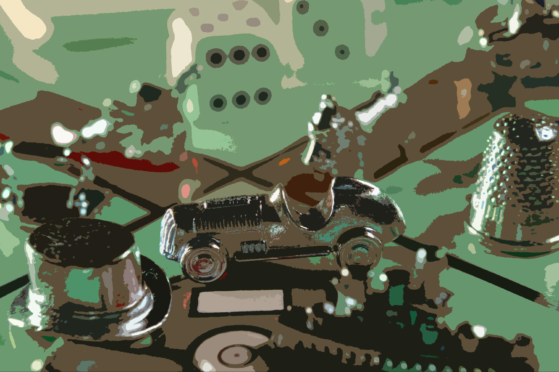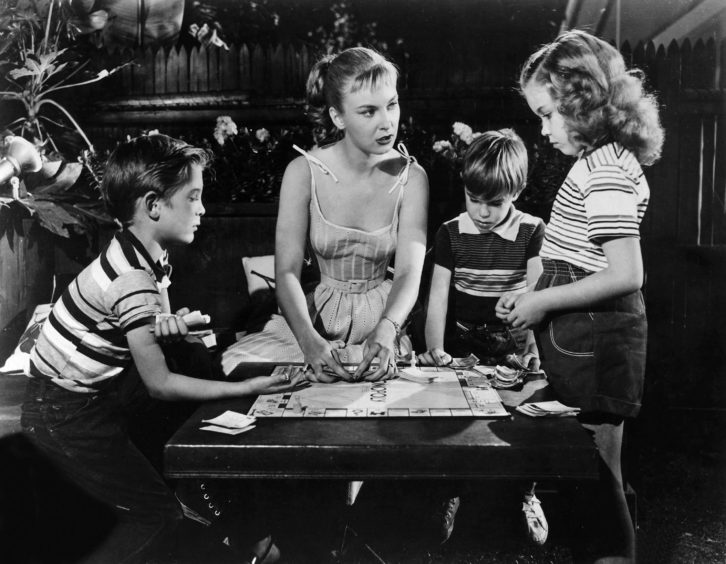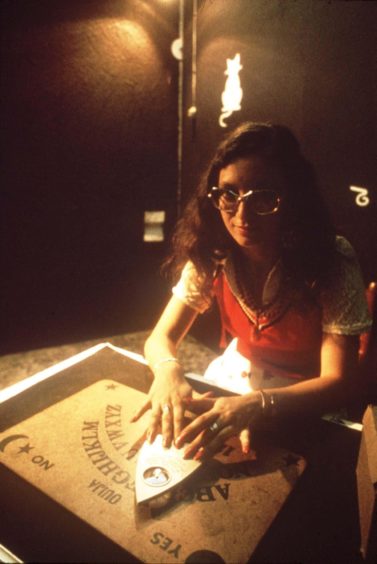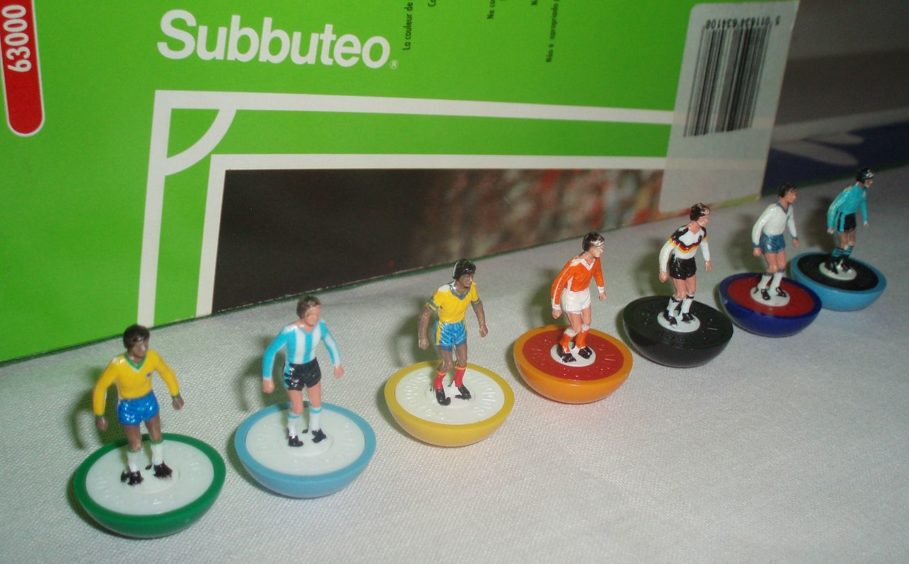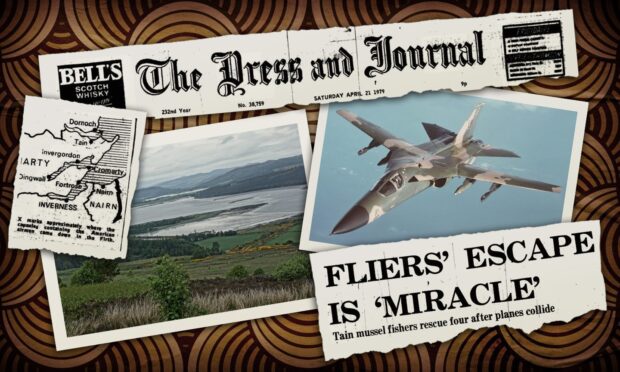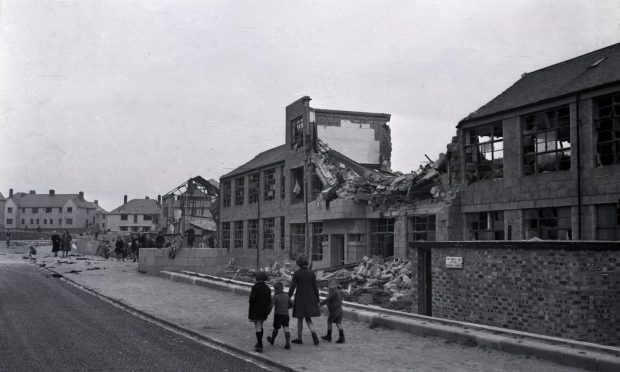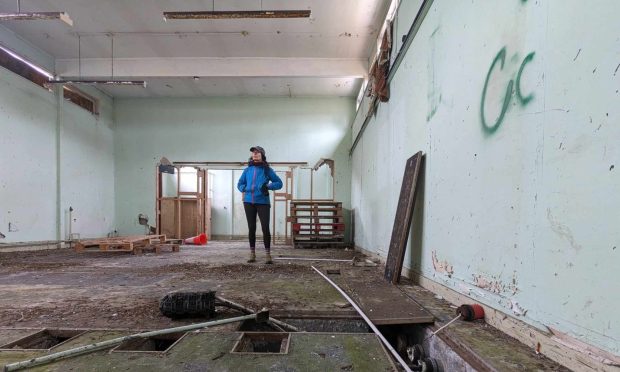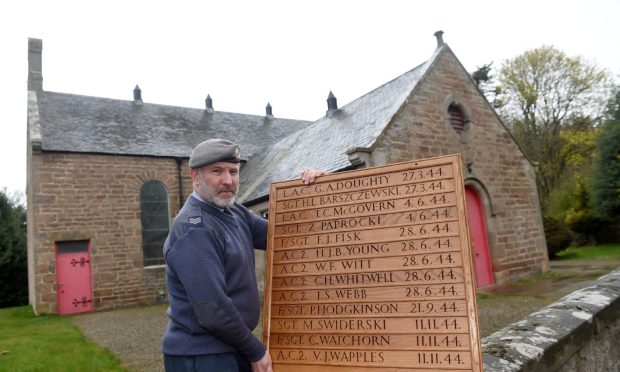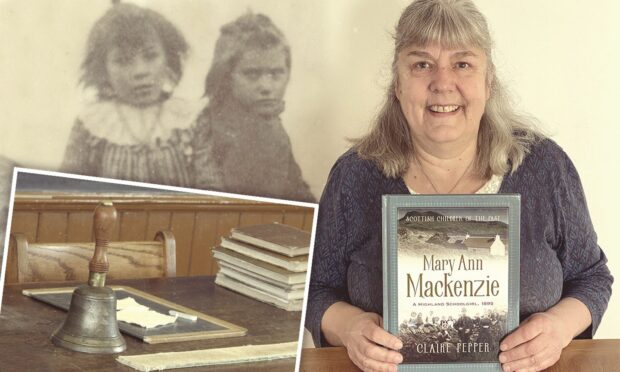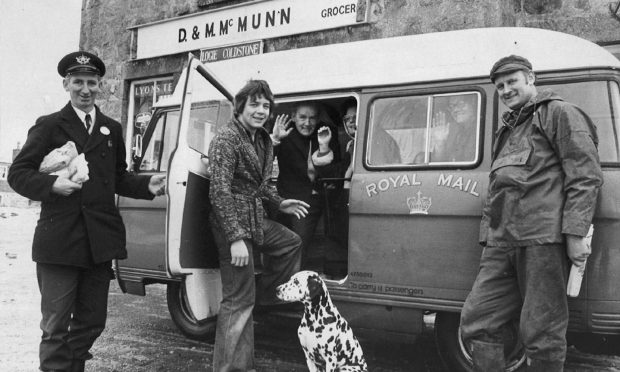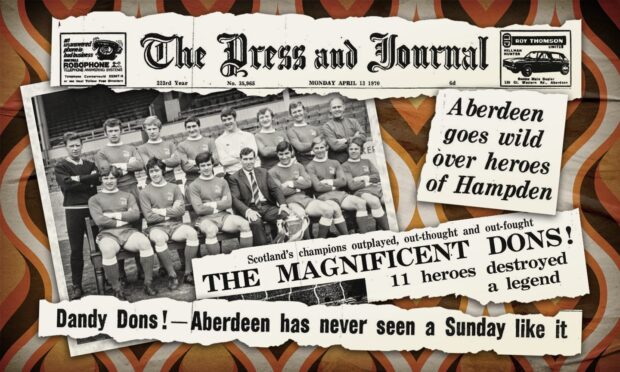There are two sorts of people in the world…those who could happily play Monopoly all night and those who, from the moment they pass Go, are on a countdown to kicking over the board and storming out the room.
I am firmly in the latter camp and suspect a lot of folk are finding they are too, as board games become the thing to do in lockdown, what with sales soaring and all.
Ever since childhood I have found Monopoly simply tedious and pointless. So much so that I don’t think I’ve ever actually seen someone win. I give up long before that.
That said, in my 20s I did enjoy a game a friend trotted out at dinner parties called Class Struggle. It was the Marxist version of Monopoly. Rather than end up with most money (like a capitalist running dog) the idea was to avoid starting the Cold War holocaust while inciting the workers’ revolution. If anyone landed on the nuclear war square the game was over without any winners – “because nobody wins in a nuclear war.” Class.
my boyfriend's grandmother has a copy of the "Class Struggle" board game from the 1970s that the Miliband brothers played as children pic.twitter.com/pIN8ZUCBxC
— Simone Webb (@SimoneWebbUCL) May 23, 2019
That subversive little treat was a far cry from my innocent childhood days when a trip to John Menzies involved pester power in the toy department that was batted back with “maybe for your birthday.”
Mind you, there was that flat outright refusal when I asked for a ouija board. Yes, they were sold as kids’ playthings back in the day. For some reason my mum was averse to allowing me to summon the spirits of the dead and unleashing the demons of hell in the house. Spoilsport.
One thing I nagged for and eventually got was Mouse Trap. I mean who wouldn’t want a game that you build as you go along, then unleash a Heath Robinson-style chain of mechanical events that trapped a mouse while everyone shouted “Mouse Trap!” in American accents. Well, that’s what they did on the telly adverts in glorious monochrome.
The reality was different – very.
Fiddly, incomprehensible and never once did that cheap plastic cage drop onto the cheap plastic rat. Still it was a valuable lesson for an impressionable child. I still don’t trust advertising hype.
At least another birthday present did work. CrossFire. The schtick was straightforward.
A big board set out like a pitch, with two plastic pistols at either end that fired little ball bearings at rolling pucks. You had to stop your opponent scoring, while getting your own puck through the goal.
After 10 minutes of ear-shattering cacophony, you ended up with ball bearings all over the carpet, a puck that never saw the back of the scoring zone and a blister on your trigger finger you were still picking the scab off a week later. Perfect for staying in its box collecting dust.
See also Battling Tops. That at least had the virtue of spinning tops which had mesmerising patterns before they flung each other out of the plastic basin and onto the floor before you lost interest. Which was pretty quickly. The box balanced nicely on the CrossFire one under my bed.
Of course, no scamper through games aimed at boys in the 60s and 70s would be complete without Subbuteo.
Ah, the baize football pitch and the tiny players on their plastic stands. You could create stadiums with advertising hoardings, floodlights and everything. And you could buy every team in the land with the most up-to-date strip for your flick football tournaments.
I hated it.
But then, I hated football. Blame my dad. He lifted me over the turnstile at Tynecastle every Saturday (reserve games, too) until I was old enough to say: “Please stop, I’d rather just go home and watch Basil Brush”.
Football bored me and I was too clumsy and uncoordinated to kick a ball in a straight line. Sometimes I would just fall over the thing.
Despite that aversion, I did try to like Subbuteo. After all, everyone in my class and around where I lived was playing it like maniacs. One boy in particular had every bit of Subbuteo kit going. It was his pride and joy. Whenever a new team came out he would rush off to buy it, including the really rare and hard-to get-ones. So, there I was over at his house, flicking wee footballs around when I knelt forward and heard the unmistakable snap of a player breaking under my knee. One that was fresh out his newly-bought Holy Grail of teams.
I never played Subbuteo again. A punch in the face tends to put you off things.
There were, however, games I did thoroughly enjoy and still do.
Cluedo is always a winner, but I still prefer the vintage version where the players are like little skittles. We always lost the pieces, but found things around the house to stand in for them, sometimes scavenged from other games.
“I say it was Colonel Mustard, in the conservatory with the Scotty dog.”
The champion of board games has to be Scrabble. Loved it as a kid, mainly because it was the only one I was good at. Still love it as a grown-up. Aye, in these interesting times you can’t beat a bottle of wine and a game of Scrabble in lockdown – a word which, if you can start it on a triple word score, could earn you up to 257 points.
At which point your opponents might as well go to jail, directly to jail, and do not pass Go.
